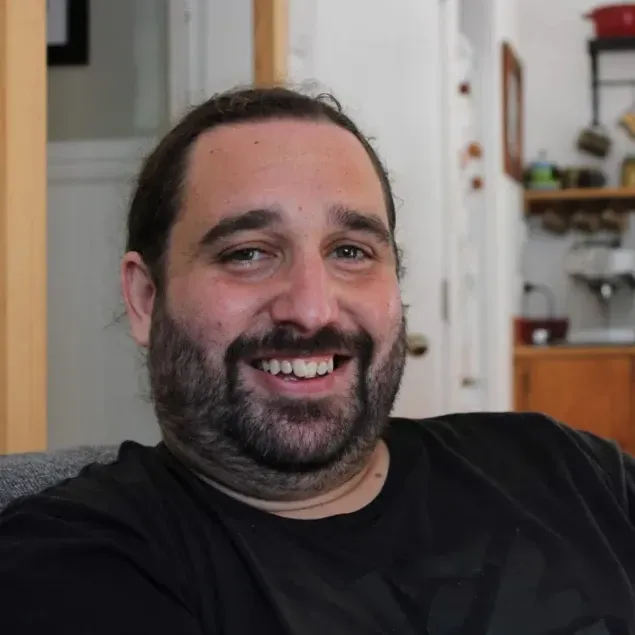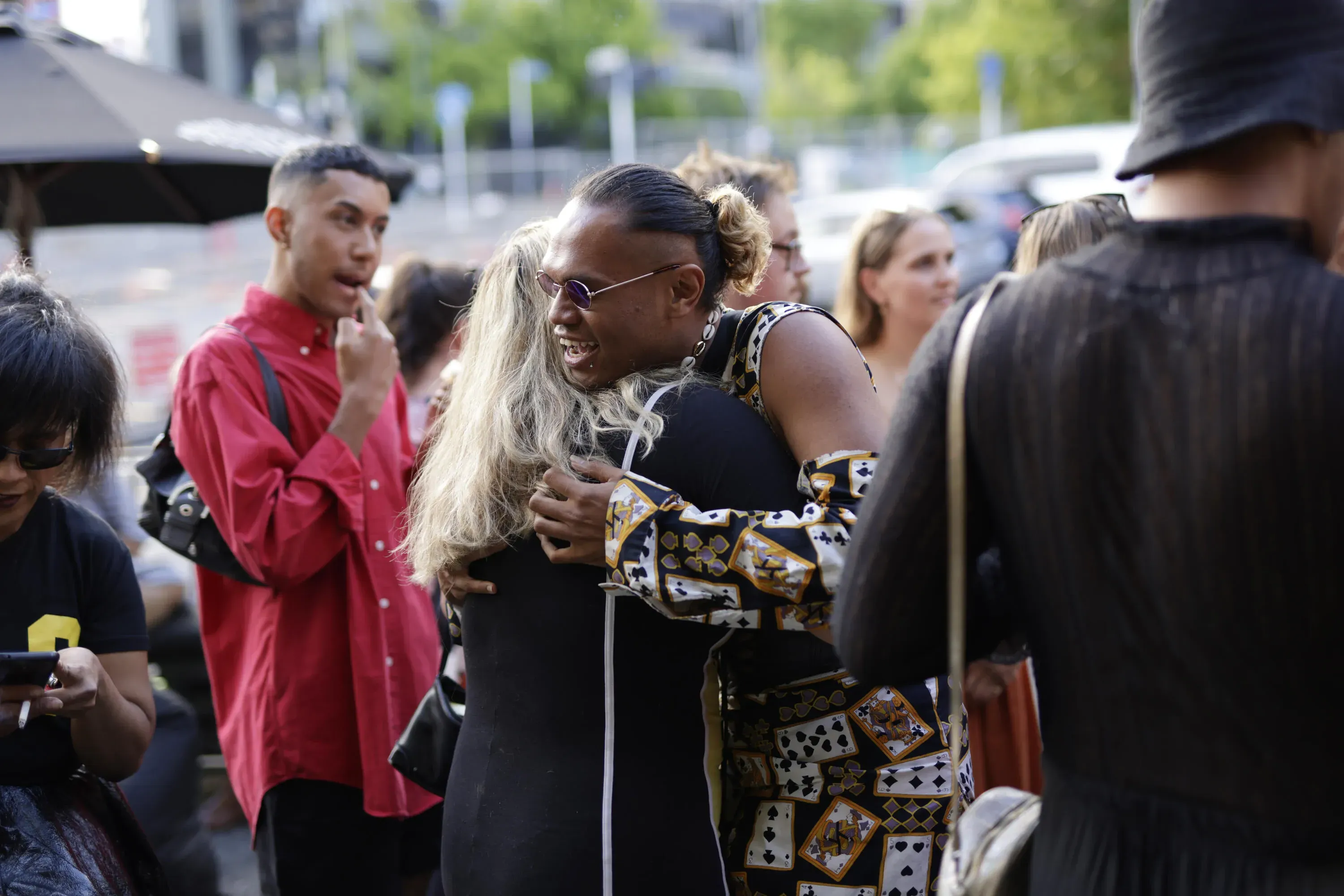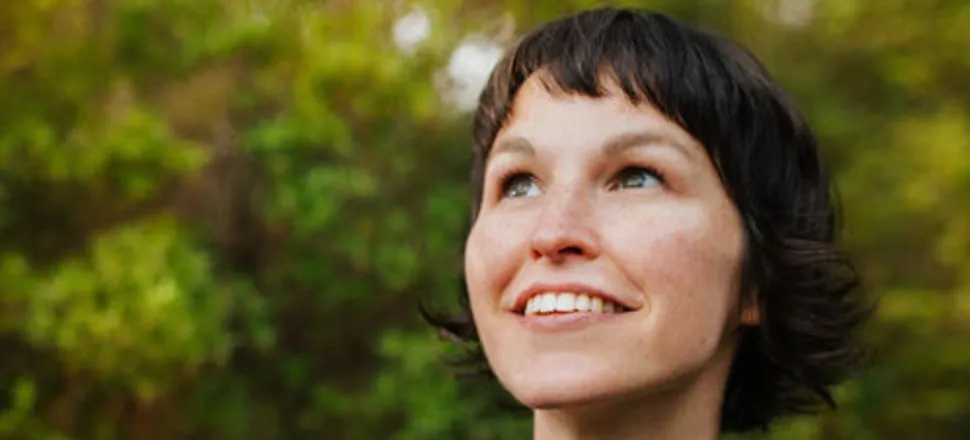Funding Controversy and Premature Curtain Calls
Written by

They say waiting is the hardest part.
Well, many in Tāmaki Makaurau’s performing arts are being put out of their misery. Two of Auckland’s best-known theatre companies made the heartbreaking call to give up on getting back on stage this year within 24 hours of each other.
Basement Theatre provided a detailed and thoughtful rationale behind their announcement online.
The extra two weeks of the current Delta Alert Level status is enough uncertainty for the Basement team to rule out returning this year.
In a statement, Basement declared “artists have enough on their plate what with that little old thing called ‘surviving’, let alone trying to put a show up in this world of unknowns,” stating that the constant reshuffling “is wearing thin on our artists and audiences”, making a stressful rehearsal climate and having to regularly ‘un-produce’ show “is a recipe for burnout, and we want to resist this style of working as much as possible.”
Executive Director Cat Ruka told The Lowdown “Basement closing its doors was a decision that we arrived at through prioritizing the mental health and wellbeing of our artists, our audiences and our staff.
“Constantly rescheduling show dates based on the drip-feed of information from the government around alert level shifts was starting to become a tiring and disappointing cycle for the artists, and a recipe for burnout for my staff. It was time to jump off that waka and just make a call to press pause so that we can come back stronger than ever next year.”
When asked how shutting down for months on end will impact their ability to meet their overheads, Ruka explains “Basement is an investment client of CNZ and we also receive substantial funding from Foundation North and Auckland Council. That means that when times like this occur and we need to close for a short spell, we are still able to meet our most important overheads if we strategise well and model sound financial planning.

Cat Ruka. Photo: Ralph Brown.
“It’s not easy at all - in fact, it’s a real headache - but in the grand scheme of things, it’s a very privileged position to be in. And because of this privilege, we try to commit as meaningfully as we can to looking after the emotional and financial interests of our impacted artists, as it is them who are the most vulnerable at these times.”
Ruka also outlined the plan to support those impacted artists in 2022 - Basement waiving their 20% box office cut as well as ticketing and gear charges for all postponed risk-share shows from 2021. Co-produced shows are protected by a model that ensures personnel are paid regardless of disruption and the artists booked for their Christmas show get a payout and are guaranteed a come-back season in 2022.
“Our communities have been so understanding, and have sent such thoughtful and kind words of support through to the team and the impacted artists. It really shows that Basement is such an important place for so many people, it’s the little theatre that could, and I owe it to the Basement founders to do whatever needs to be done to protect its future.”
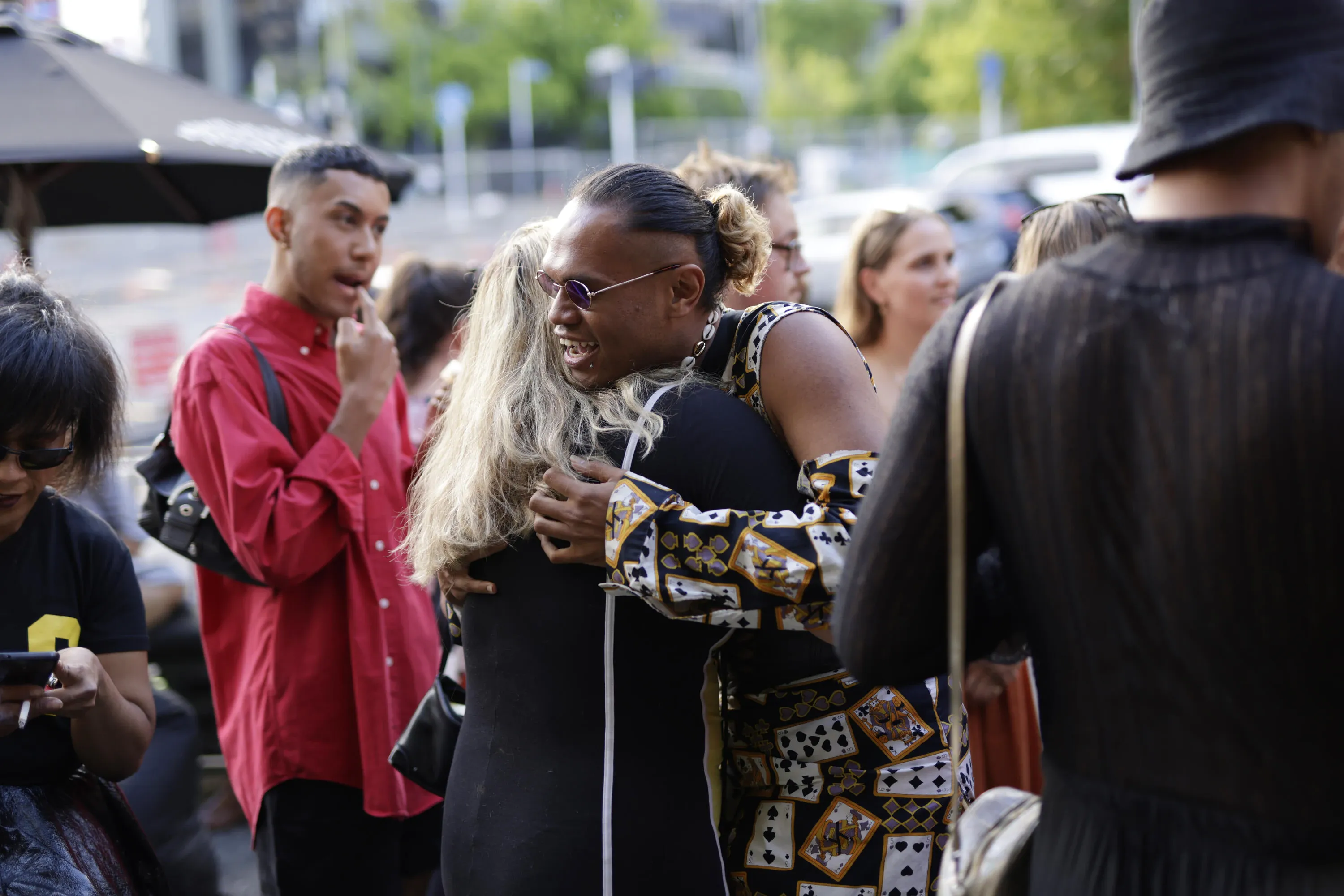
In happier times - Basement's 2021 opening party. Photo: Ralph Brown.
Auckland Theatre Company may be considered big brother in the context of companies in the supercity, but they’re still part of the same whānau, facing the same problems.
ATC is also resigned to not getting back on the boards this year, cancelling their last listed show of 2021, Noël Coward’s Blithe Spirit which was to begin mid-November.
The Ginette McDonald-headlined comedy joins the world premiere season of Things That Matter on the scrapheap, Director Anapela Polata'ivao’s labour of love that shines a light on the New Zealand Healthcare system has ironically been floored by a pandemic, the seemingly never-ending Auckland lockdown kicked in just hours before its scheduled opening night back in August.
There are still hopes the shows can make their way into next year’s calendar.
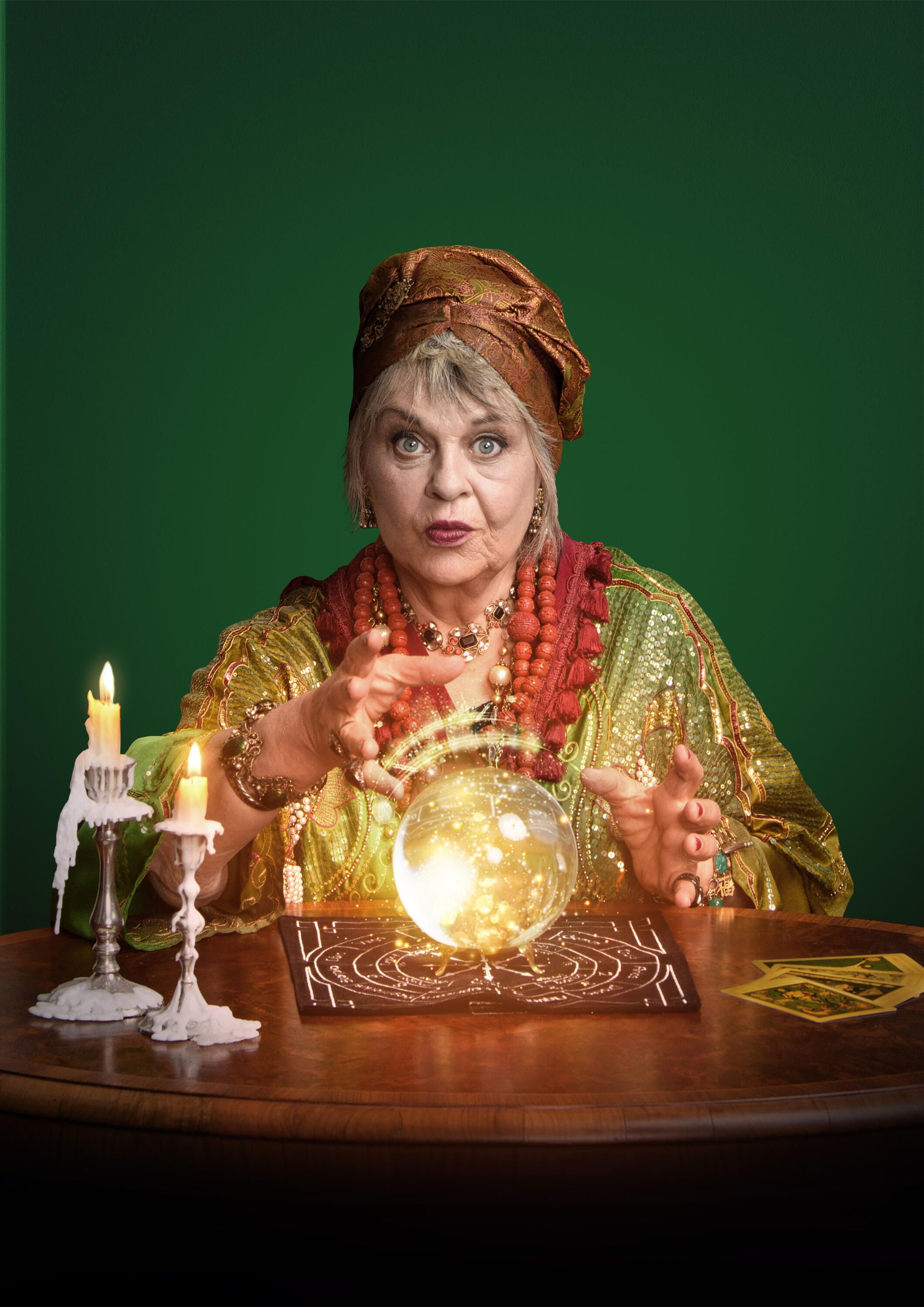
Ginette McDonald as Madame Arcati in Auckland Theatre Company's Blithe Spirit . Photo: Supplied.
“I am devastated for the cast and creatives of both productions,” ATC Artistic Director & CEO Jonathan Bielski says. “As the Alert Level constraints in Auckland continue, the uncertainty that creates makes the logistics of presenting our productions this year impossible.
“Every show requires huge expenditure in the weeks and months leading up to opening night, and the financial and operational risks are currently too great to proceed in this environment when we have no certainty that we can perform.”
ATC is asking ticket holders to consider donating the value of their tickets if they are in a position to support the company and artists, but have the option to refund as well.
Bielski revealed to The Big Idea that the cancelling - or even postponement - of a show comes with the additional cost of several hundred thousand dollars for ATC.
“We’re really happy to do that,” he said of paying those involved not just for their original booking - but again when/if the show finally makes it to stage. “We would never expect to re-engage them for free. We’re taking up two spots in their work calendar and it’s only right that we support them accordingly.”
Whether more performing arts companies are forced to follow this unwanted lead could be decided by Friday’s much-anticipated announcement from the Government. Some are hoping they adopt the major events insurance policy that National is pushing this week (and ACT has been promoting since late August).
Christchurch-based Team Event director Callam Mitchell told Stuff “it's being done in other countries (the UK’s government-led insurance singled out), and would make a huge difference for the industry and allow planning to proceed with a lot more certainty.
“What National have proposed (yesterday) more broadly makes a lot of sense, and if Labour could simply copy and paste this for their Friday announcement, businesses across the country would be thrilled.”
ATC and Basement are still trying to think positive to 2022 - and they’re not alone.
It’s been a big week of lineup announcements - the latest being Womad confirming an all-Aotearoa lineup for their comeback event in March next year.
After COVID closed the doors on the World of Music and Dance this year, you can hardly blame them to keeping it local, with sure-fire hits like rapper and Taite Prize winner Tom Scott’s in-demand jazz/hip-hop fusion project Avantdale Bowling Club, along with institutions like Salmonella Dub, Fat Freddy’s Drop and Fly My Pretties.

Avantdale Bowling Club's Tom Scott. Photo: Supplied.
Auckland Arts Festival continue to fill out their 2022 programme ahead of the official launch next month, adding award-winning local play Pakuru, Trick of the Light Theatre’s latest offering Lysander's Aunty and - get used to this - Avantdale Bowling Club at the Town Hall.
All three of those AAF acts will be in the capital first for the Aotearoa New Zealand Festival of the Arts starting in February. The biennial month-long event with the indelibly talented Lisa Reihana as the artist in focus has laid out its programme, including 125 shows and 29 free events.
Auckland Philharmonia Orchestra unveil their 2022 plans tonight Their usually well-attended season launch is Delta-deferred to a live online version. Imagine if Avantdale Bowling Club works its way into that line up too...
Not a-Mused
Manatū Taonga announced the first 32 projects to be supported by the Cultural Sector Innovation Fund, which collectively will receive $6.5 million.
But only one is hitting the headlines.
That’s because specifically, 31 projects will receive $6 million. The other half a mill is being invested in Narrative Muse.
Never heard of Narrative Muse before this week? Don’t worry, you’re not alone.
Newsroom’s avenger of the literary world, Steve Braunius has captured the cacophony of concern from many entrenched in the Books industry in an article on ReadingRoom (he also spoke to RNZ about it).
He’s described the recommendations site “a kind of Tinder app that seeks to put together people with the books they'd like to read.” It’s run by US-born Brough Johnson - a successful video editor - for the last five years, who when pushed for a local book or author, could only come up with “obviously there's the obvious one, which is Auē, which is by Becky, and I'm forgetting Becky's surname right now."

Brough Johnson. Photo: Supplied.
The basic sentiment is - as Braunius writes “various states of anger, concern and bafflement – and view it as a waste of a significant amount of public money.”
Author Paula Morris is “aghast”, claiming Narrative Muse is “essentially what Amazon is doing already, which is if you like this you'll like this as well. Why is half a million dollars going into that?"
The board chair of Booksellers New Zealand Jenna Todd, was slightly more succinct. "Holy f**king shit" was her opening reaction, calling the move “mind-boggling.”
Massey University Press publisher Nicola Legat says "That is such a shocking undermining of the New Zealand books sector which works so hard to support authors and publishers,"
Andre Chumko from Stuff’s got in on the action too, quoting Booksellers NZ chief executive Dan Slevin. “The literary sector’s share of Government funding has been dropping progressively over time,” he declared. “What this has done is exposed a pretty raw wound ... It’s showing the inequities built into the system.”
Publisher of Victoria University of Wellington Press Fergus Barrowman said it was “impossible” to see how the project would benefit the sector. “If there is evidence to support this being well-spent, I’m yet to see it.”
The Taxpayers’ Union must be sitting back and watching with a metaphoric bucket of popcorn. The arts industry is doing their work - disputing government funding for the creative community - for them.
Manatū Taonga have been quoted in the coverage to date, but have given a more comprehensive version of their side of the story late on Wednesday night. The Ministry stated they are “disappointed that perspectives shared on Narrative Muse were inappropriately personalised and based on an incomplete picture of what the proposal and people involved in it are aiming to achieve.
“We were also disappointed that the integrity of the Innovation Fund process and those involved in it has been questioned.”
MCH went on to explain the Cultural Sector Innovation Fund as “designed to support innovative projects that improve the sustainability and resilience of the sector, provide commercial opportunities, and improve access and participation” and that it “targeted beyond business as usual, and, critically, to support ideas that span different sectors. It is designed to support new innovative projects with the potential to solve common challenges or bring about transformational change for the sector, audiences and Aotearoa.”
Speaking to the potential they saw in Narrative Muse that it felt would help achieve the Innovation Fund outcome, “Narrative Muse is an innovative New Zealand start-up platform that has real potential to benefit content creators across a number of different sectors, including literary and the screen sector.
“It aims to increase representation and opportunity for content that is by or about diverse communities and will improve commercial opportunities for New Zealand content creators by providing another method for audiences to access their material. It will promote locally made material including Māori, Pasifika, Asian, rainbow, women, and gender diverse content to both local and international audiences.
“As well as goals to attain these outcomes, the proposal provided by Narrative Muse identified engagement and collaboration, and strong relationships with sector representatives and organisations, as activity that would be supported by this funding.
And here’s a sentence worth keeping in mind. “The funding is not for the work of Narrative Muse to date, rather to enable it to take the next steps in achieving these outcomes.”
So, are we judging a book by its cover?
There’s no question that Narrative Muse has not achieved anything that resembles positive engagement with industry - some of its most respected members being completely oblivious to your existence illustrates that bluntly.
Their body of work doesn’t deserve funding - certainly not $500K worth. Johnson and her business have huge strides to make in building the aforementioned strong relationships with a sector that now need some serious convincing on their intentions.
But this money was allocated not on what they have done, but what they’re suggesting they can do.
There has long been frustration, angst and complaints that funding only falls in the lap of a select few, the “proven” and established. You may not agree with who got this funding, and certainly within reason to not agree with the amount thrown their way, but we can’t have it both ways. We either want funding to take a punt outside of their usual funding choices or we don’t.
Even if you are prepared to give Narrative Muse a fair crack at it, they will be under extraordinary scrutiny to deliver what they promise. To prove the doubters wrong. To become something they are currently not and to champion Aotearoa writers, publishers on an international scale as well as benefit local booksellers and readers. Remaining Amazon lite with a few added local books on the home page won’t cut it - not even close.
Morris acknowledged to Braunius, "If the next stage of this project is New Zealand focused, then I'd think, 'Okay, they're taking this model which doesn’t seem to be particularly successful but whatever, to really focus on New Zealand literature and support our writers and booksellers and publishers.' And that might make a difference."
Only time will tell, but with great funding comes great responsibility. This is unlikely to be the last time you see the name Narrative Muse.
Kane is able
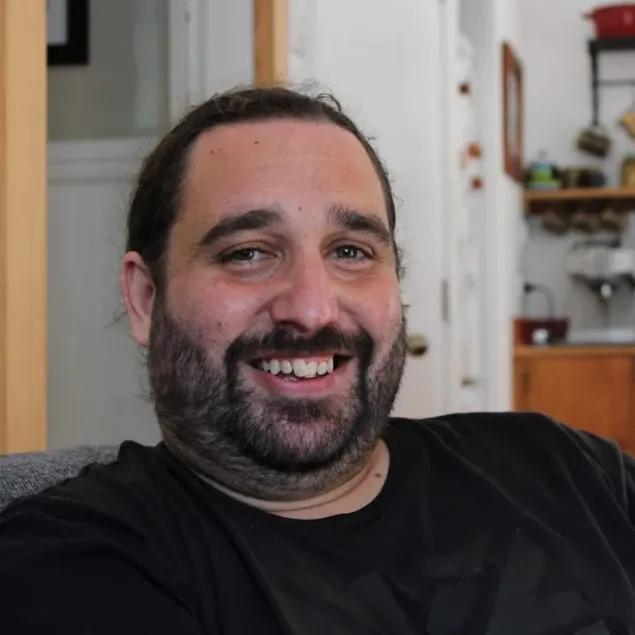
Jared Wiremu Kane. Photo: Supplied.
There’s no questioning whether Jared Wiremu Kane’s got Aotearoa front and centre in his thinking though - and organisations are queuing up to support him.
The Coromandel-based writer has been awarded the s International Institute of Modern Letters (IIML)’s 2022 Emerging Māori Writer-in-Residence.
He’ll spend time in IIML’s Te Herenga Waka - Victoria University of Wellington base, where along with his $15,000 stipend, Kane will work on The Matawhaorua-O’Reillys, a novel for junior readers. The novel is described as following the lives of its young characters ‘as they navigate their heritage, blossoming queerness and the early symptoms of neurodivergence and mental illness’.
Kane’s currently a finalist in the 2021 Pikihuia Awards for Māori Writers and has received support from Creative New Zealand’s Toi Tipu Toi Rea Emerging Māori Artists Fund.
“Breaking into the literature industry is hard and can be disheartening, with so much work carried out with low expectations and no guarantee of publication or payment,” Kane states. “I can’t wait to soak up knowledge from the academics, writers and students at the IIML, and continue to hone my unique voice and perspective.
“Through my writing I aim to expose the gaping wound colonisation has left on this whenua and its people, especially the queer, disabled, and those dispossessed of our language and heritage.”
First taste of Paradise

Two Faʻafafine (After Gauguin) [2020] (detail) from Paradise Camp [2020] series by Yuki Kihara. Image courtesy of Yuki Kihara and Milford Galleries, Aotearoa New Zealand.
Putting diverse and challenging themes on the international agenda is all part of Yuki Kihara’s project as she helms New Zealand’s exhibition at the 2022 Venice Biennale.
The Big Idea went in-depth in the first glimpse from her project Paradise Camp with Tulia Thompson speaking to the first Pasifika, Asian and fa’afafine artist chosen to represent Aotearoa at the pre-eminent international exhibition.
“‘The fa’afafine lens’ for me is about having a ʻthird eye’ or a consciousness to look beyond the ordinary sight to question the power dynamics behind how we occupy the world we all share together.
“If they (fa’afafine) feel empowered by Paradise Camp then I think I’ve done my job.”
Kihara also spoke with Lynn Freeman on Standing Room Only about how extra time COVID created in delaying the event has worked in her favour.
Streamers need to step up

The reaction to the culling of local drama Head High is forcing some bigger, broader and frankly more necessary conversations on how local content will survive in the Netflix era.
It’s a show that Aotearoa audiences need and deserve. It’s a broadly represented cast, with seven of the top 10 cast identifying as Māori, Pasifika or Asian. It normalises the use of te reo and tackles issues like toxic masculinity, homophobia, mental health and dealing with major trauma in a relatable way. A great cast and great scripting.
But not great numbers on TV, so Discovery, Three’s new owners, have pulled the pin after two seasons. By all reports, it did well on streaming platform Three Now, but it’s the TV ratings that led to the call.
The stars themselves are asking for extra time through social media - and there is certainly an audience willing it back into existence.
Andrew Szusterman has put the big-name streaming services directly in his sights with a strong opinion piece on The Spinoff.
If services like Netflix are having such a huge impact on TV ratings and hence the future of funding local drama - they should have a responsibility to support the production of local content.
As Szusterman writes “If these streaming services want to operate here, surely there has to be a cultural cost of entry.”

